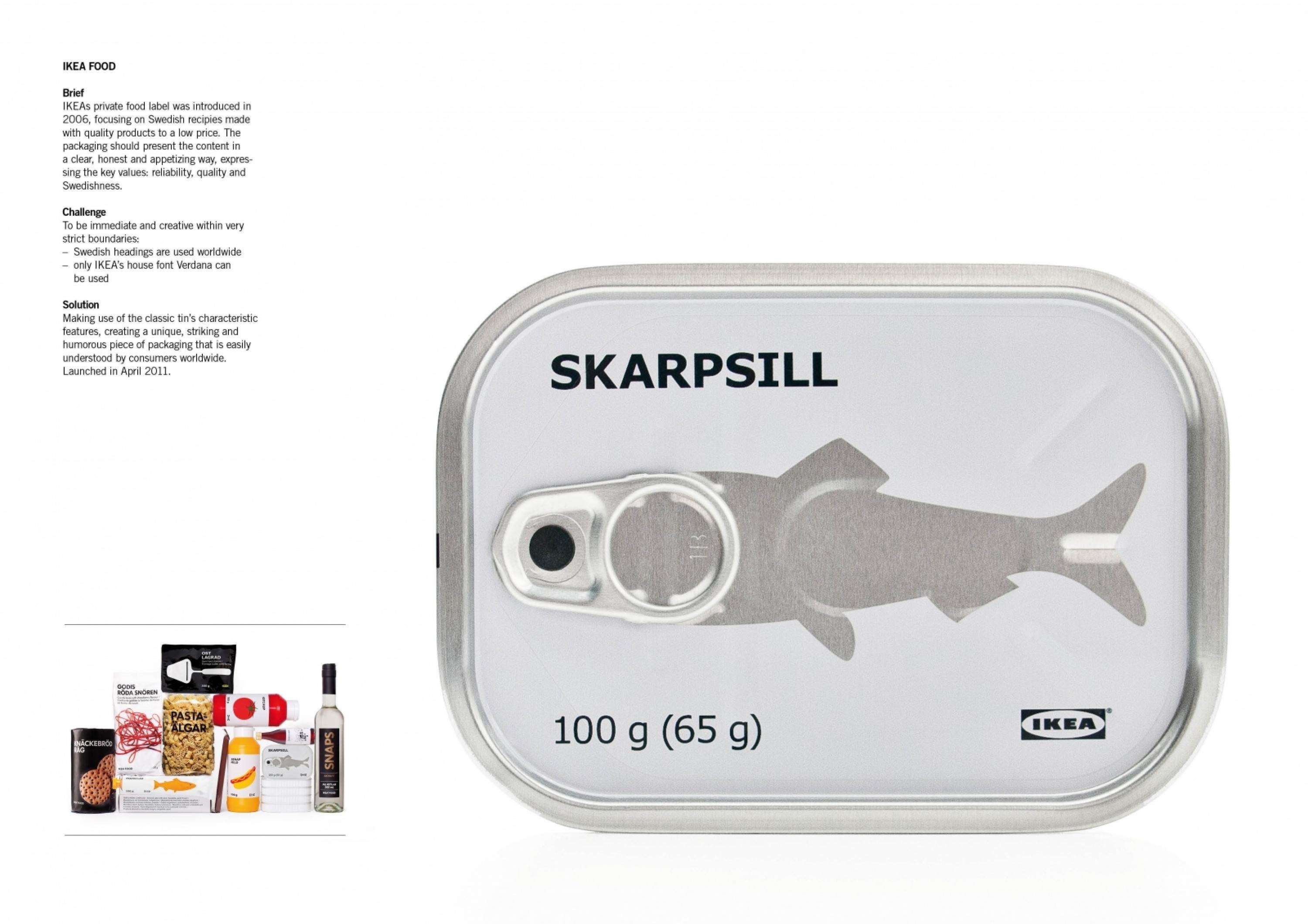Spikes Asia
COOKING MISCONCEPTION
ENJIN, Tokyo / SEIYU / 2021


Overview
Entries
Credits
Overview
Background
In Japan, where cooking is considered women’s work, 89.8% of women make meals for their families alone every day. Moreover, 72.6% of non-cookers prefer homemade dishes and society places pressure on women not to cook in easy ways. The pandemic has only increased the burden on those who cook every day by increasing the opportunity to cook at home.
Against this backdrop, a July 2020 tweet of a man saying, "If you're a mother, shouldn’t you make it yourself?" to a mother and child buying supermarket-prepared potato salad instantly went viral with over 130,000 retweets. It was also featured on numerous TV programs. At the same time, the statement ”buying store-prepared fried chicken is lazy” became a big controversy and the number one Twitter trend in Japan. Since many people are passionate about this topic, most companies have considered it too risky to address.
Idea
Cooking laziness has become a hot topic during the pandemic since people are spending more time at home. 52.0% of people who don't usually cook think meals should be cooked at home, and many think purchasing store-prepared dishes is lazy. On the other hand, 66.1% of people who cook for their families every day want to escape from cooking, and 64.4% feel their families lack gratitude.
To help resolve this misunderstanding between people who do and don’t cook, we launched the "Making Cooking a Snap" project and released a video of husbands in homes where wives usually cook handling every aspect of making dinner – including planning, shopping, cooking and cleaning up – for two days. The video clearly conveys that every aspect of cooking any dish is a challenge that involves no laziness. It also clearly illustrates the value of supermarket-prepared side dishes that lighten the cooking load.
Strategy
To clarify the true feelings of people who cook every day and the misconceptions of people who don’t cook, we conducted an awareness survey of 3,500 men and women in households throughout Japan.
51.9% of respondents claimed to have fewer opportunities to eat out during the pandemic, and 42.3% claimed to have more chances to eat at home. It became clear that cooking in the kitchen is only part of the challenge and that planning meals is the most burdensome cooking task, followed by shopping and cleaning up. While 72.6% of non-cookers prefer homemade dishes over store-prepared dishes, only 7% of the men helped with cooking.
The results suggest that those who do not cook have difficulty visualizing the effort involved in planning, shopping, washing, managing inventory, etc., which partially explains related misconceptions at the dinner table.
Execution
We released a "Making cooking a snap" documentary video of non-cooking husbands making dinner for their families for two consecutive days to reveal the true feelings of people who cook every day and the misconceptions of people who do not cook. By personally planning, shopping, preparing, cooking, and cleaning for two meals, the husbands came to understand the challenges and show more gratitude toward those who cook.
The video also revealed the time and effort required to make common dishes like potato salad, fried chicken and pork loin cutlets. For example, it shows that while fried chicken may only take 20 minutes to cook, it takes about 80 minutes to make in total.
In addition, the supermarket distributed recipe cards at 330 delicatessen sections in stores across the nation showing how store-prepared dishes can be deliciously changed in about 10 minutes to seem more homemade.
Outcome
Concurrently with the release of the "Making cooking a snap" video, a number of articles were posted on BuzzFeed and other influential media. This led to "cooking laziness" discussions on social media and garnered Seiyu’s twitter posts over 24.8 million impressions.
In addition, 11 cooking experts with 1.7 million total followers posted project endorsement tweets, resulting in many relevant hashtags and widespread debate. The topic spread from social networks to television and a special TV program viewed by over 5 million people all over Japan. Advertising conversion costs exceeded 153 million yen.
Plays exceeded one million for the documentary video that revealed the true feelings of people who cook every day and the misconceptions of people who do not cook. Customers also took over 500 thousand store-prepared dish recipe cards at Seiyu stores. The result was a change in the perceptions and behavior of many people throughout Japan.
Similar Campaigns
12 items




